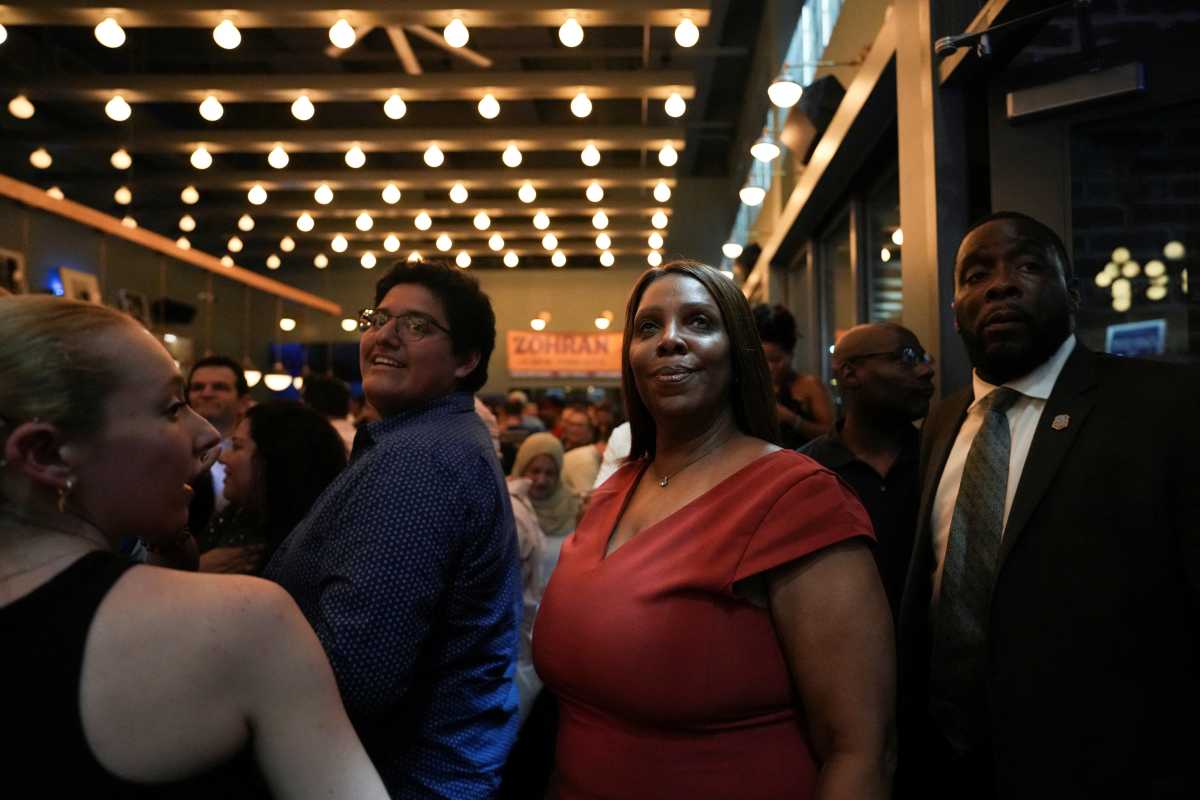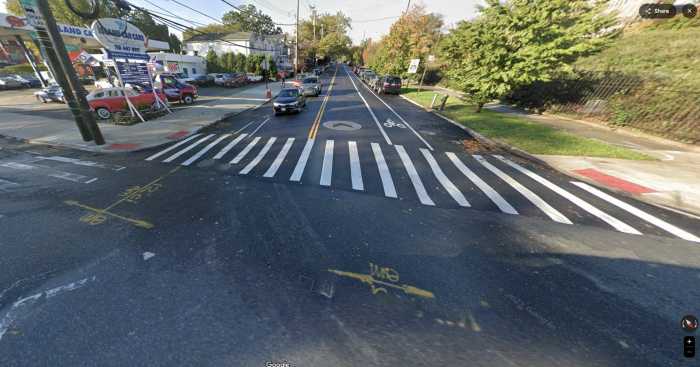Former Nigeria President Olusegun Obasanjo has supported an open letter by ex-Jamaica Prime Minister P.J. Patterson denouncing British Prime Minister David Cameron’s failure to apologize for the United Kingdom’s role in the trans-Atlantic slave trade.
Patterson said in his open letter, on the heels of Cameron’s recent visit to Jamaica, that the UK leader’s “most noble intentions were jarred by portions” of his address, which asserted that “slavery was a long time ago, in the historical past; and, as friends, we can move on together to build for the future”.
“Mere acknowledgement of its horror will not suffice,” Patterson said. “It was and still is a most heinous crime against humanity – a stain which cannot be removed by the passage of time.
“Those who perished in the Middle Passage and the fatal victims on the sugar plantation were the victims of genocide,” Patterson added. “This is a crime in accordance with International Law.”
In his letter of support, Obasanjo congratulated Patterson for “the courage and the lucidity exhibited in your letter.
“The least we must demand from the inheritors of benefit of slave trade in the UK and elsewhere in Europe is remorse and apology,” he wrote. “The crime of slave trade and the ‘genocide’ that emerged from it must not be trivialized and swept under the carpet, with the perpetrators glorified.
“I agreed entirely with your letter, and I wish I could have joined you in signing it,” Obasanjo added.
Professor Sir Hilary Beckles, Vice Chancellor of the University of the West Indies (UWI) and chairman of the Caribbean Community (CARICOM) Reparations Commission, said Obasanjo’s letter of support is “a very significant development.”
He noted that Nigeria was the largest area of recruitment for English slave traders, stating that the British “extracted” over three million men, women and children from Nigeria.
“President Obasanjo’s letter is particularly significant because Nigeria alone supplied over 60 percent of the enslaved Africans sold by the British in Jamaica,” Sir Hilary said.
“Estimates are that the most efficient and capitalized of English slavers, over 200 years, made annually between seven percent (poor voyages) and 30 percent (good voyages) return on capital investments,” he added.
The New York-based Institute of the Black World (IBW) and the National African American Reparations Commission (NAARC) also welcomed Patterson and Obasanjo’s letters.
“We at IBW and NAARC applaud both former Prime Minister Patterson and former President Obasanjo for their courageous and enlightened positions on the issue of reparatory justice for the crimes against humanity, crimes of genocide and chattel slavery, committed by Britain and other European powers who were engaged for over 300 years in the lucrative trans-Atlantic slave trade to the Caribbean and other countries in the broader Americas,” Vincentian-born Don Rojas, a senior executive with both groups told Caribbean Life on Saturday.
In announcing a package of over £360 million (US$545.8 million) of bilateral aid for the Caribbean, Cameron acknowledged that slavery was repugnant in all its forms and that “Britain is proud to have eventually led the way in its abolition.”
He, however, was unequivocal that reparations were not on his agenda.
“That the Caribbean has emerged from the long, dark shadow it cast is testament to the resilience and spirit of its people,” said Cameron while in Jamaica. “I acknowledge that these wounds run very deep indeed.
“But I do hope that, as friends who have gone through so much together since those darkest of times, we can move on from this painful legacy and continue to build for the future,” he added.
In his open letter, Patterson, however, said that “the attempt to trivialize and diminish the significance of 300 years of British enslavement of Africans and the trade in their bodies reflect the continued ethnic targeting of our ancestors and their progeny for discriminatory treatment in both the annals of history and in the present.
“The 180 years of slavery in Jamaica remain fresh in living memory,” he said. “There are people alive in Jamaica today whose great grandparents were a part of the slavery system and the memory of slavery still lingers in these households and communities.
“To speak of slavery as something from the Middle Ages is insufficient,” Patterson added. “For our communities, its legacies are still present in their memory and emotions. To reject this living experience is to repudiate the very meaning and existence of these people’s lives.
“How can we simply forget and move on to the future?” he asked. “If there is no explicit admission of guilt now, when will be the proper time?
“You argue that Britain abolished the slave system and the credit for this resonates in the British Parliament today, and show British compassion and diplomacy. Where is the prior confession that Britain fashioned, legalized, perpetuated and prospered from the slave trade?” Patterson asked Cameron.
















